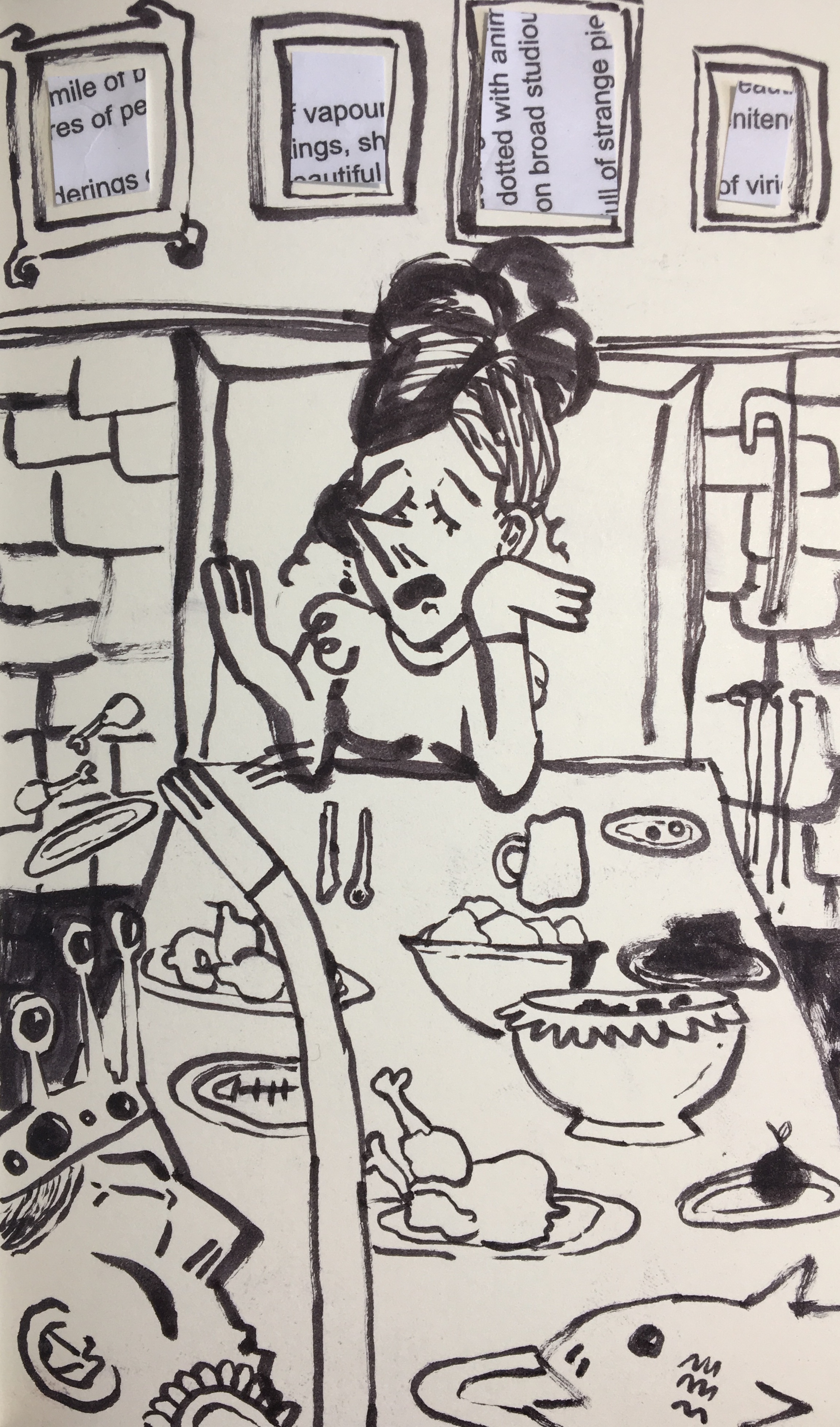The sailor’s job is strictly mechanical: hold the Rudder (attitude of speech) and hoist the Sail (attitude of heart)
- The Neuroscience (The Steering Mechanism): The "Rudder" represents the Prefrontal-Language Loop. Your Broca’s Area (responsible for speech production) is situated right next to the motor cortex. When you are in a high-cortisol environment, your speech often becomes high-pitched, rapid, and reactive—this is the "engine" revving.
However, by consciously choosing a "low, heavy, and calm" voice, you engage the Ventral Vagal Complex. This is part of the "Social Engagement System." When you adjust your Rudder (speech), you aren't just changing your own biology; you are "steering" the room through Co-regulation. A calm voice signals to the brains of those around you (like Pete and Jo) that the threat level has dropped, allowing their own Prefrontal Cortices to come back online.
-
The Scripture (The Governance of the Small): This mirrors the physics described in James 3:4: "Or take ships as an example. Although they are so large and are driven by strong winds, they are steered by a very small rudder wherever the pilot wants to go." In the original Greek, the word for "steered" is metagō, meaning to change the direction of the whole. Your "attitude of speech" is the metagō of your life. While you cannot control the "strong winds" (the merger deadline or the panic), you have "mechanical" control over the Rudder. In the Kingdom, governance begins with the tongue. To "hold the Rudder" is an act of Kybernesis (the gift of administration/steering), ensuring the vessel doesn't drift into the rocks of entropy.
-
The FieldGuide Application (The "Low and Slow" Drill): Next time the pressure rises and you feel the urge to "Push" (scream/hurry):
The Drill: Lower your vocal pitch by half an octave and slow your tempo.
The Command: Speak your next sentence as if you are weighing every word.
The Vector: Notice how the "magnitude" of the panic in the room begins to align with the "direction" of your calm.
